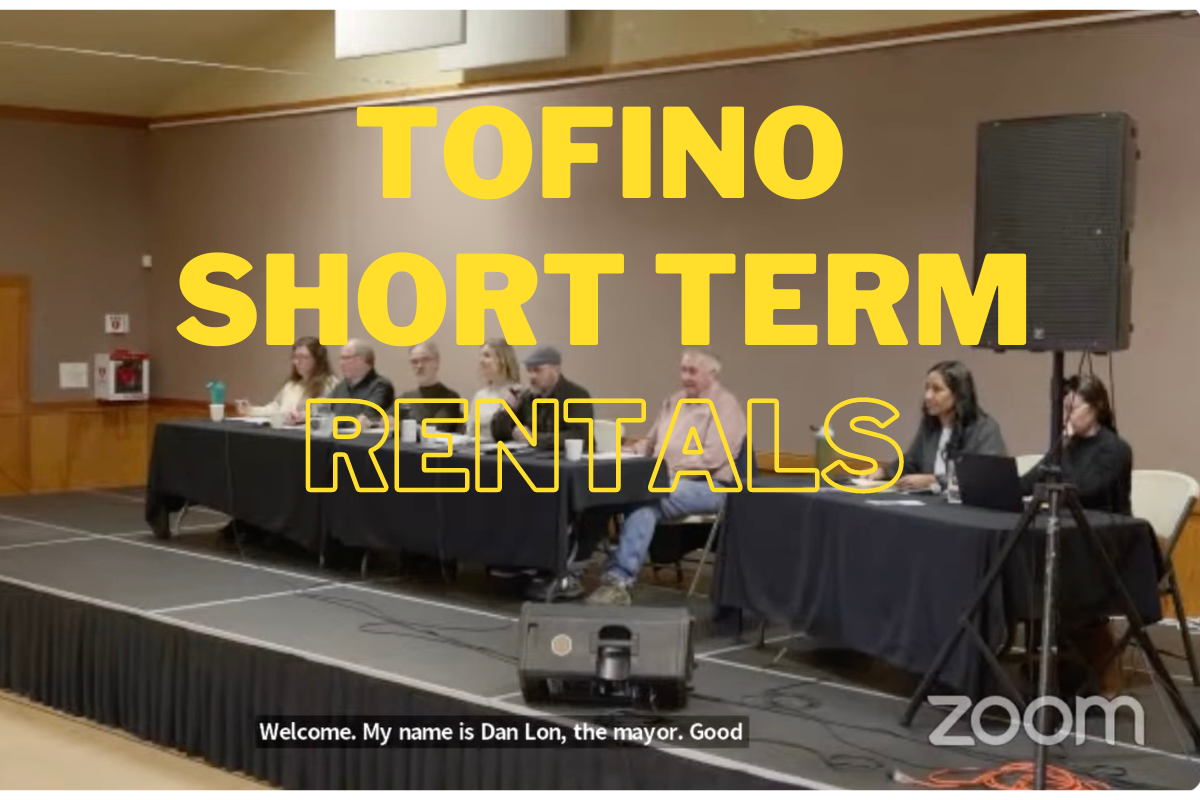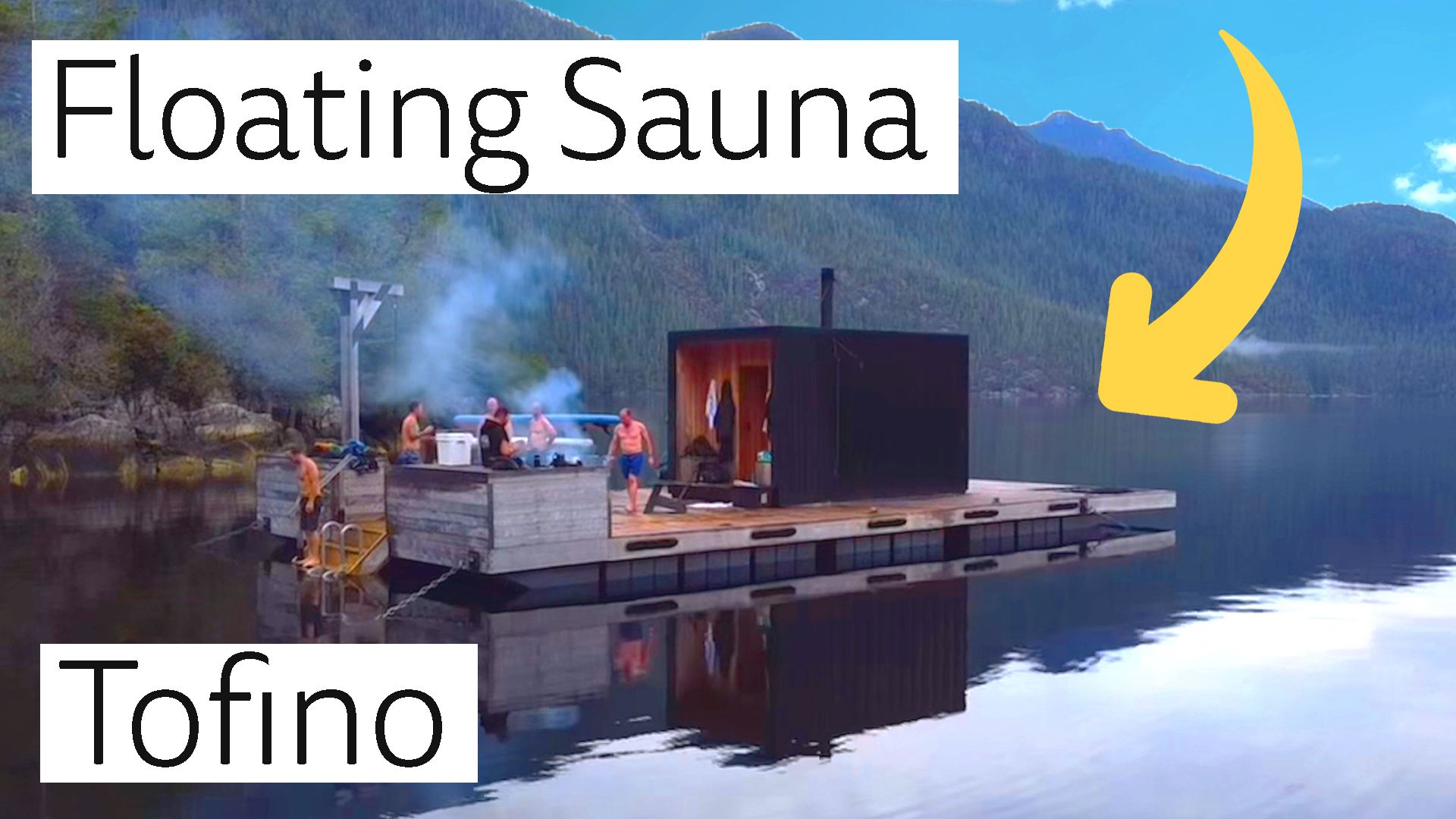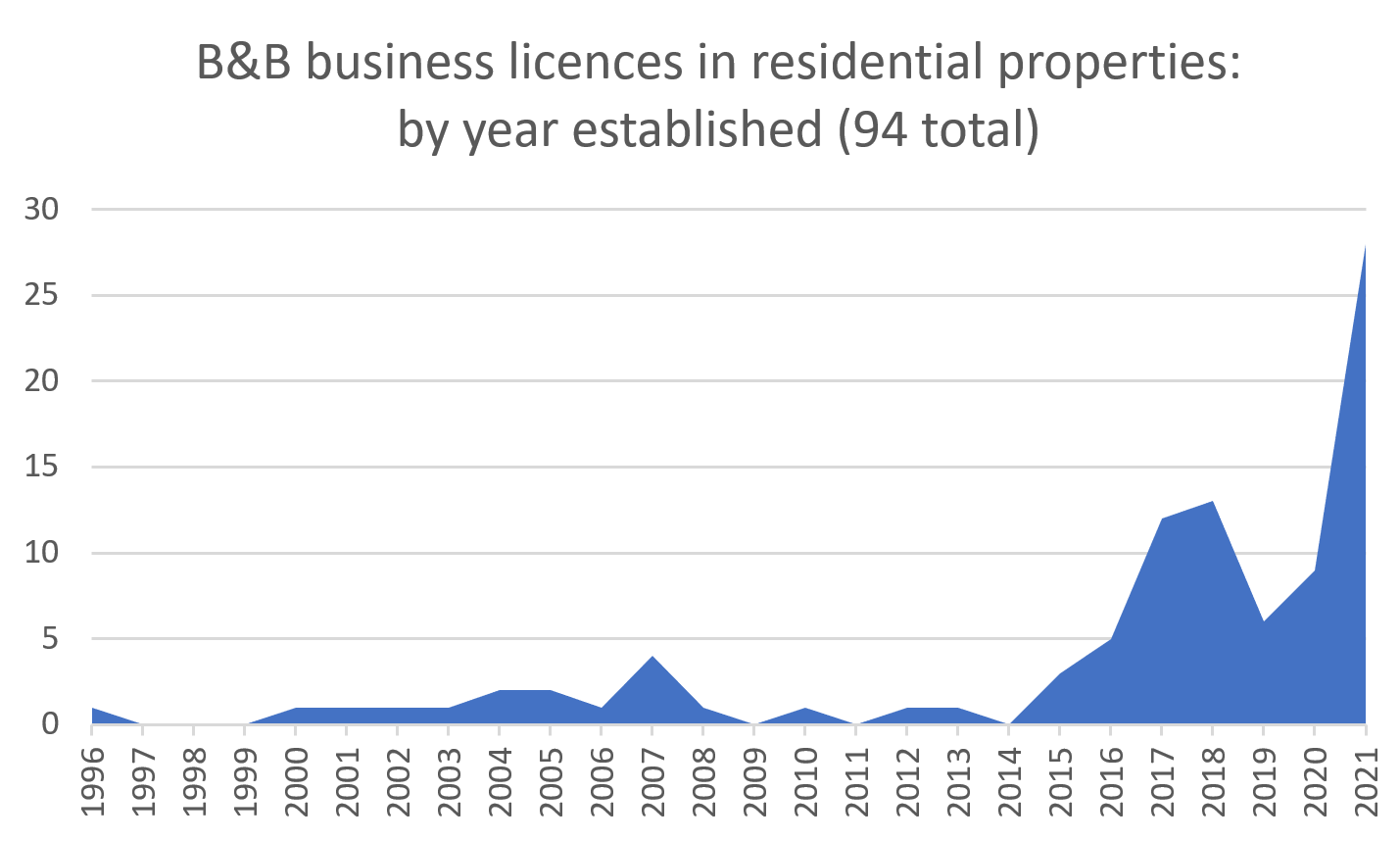Tofino's Short Term Rental Debate. What will we do!?
Understanding BC's New Short-Term Rental Bylaws: A Simplified Guide
In a move that’s garnered both applause and apprehension, British Columbia is rolling out new bylaws aimed at regulating short-term rentals. If you’ve ever booked a getaway on Airbnb or VRBO, or if you’re a homeowner who’s dipped into the short-term rental market, these changes might affect you. Specifically here in Tofino, where a lot of home owners supplement their income with their air bnb suites. Noe for those who call Tofino home (ie their primary residence) this may not really impact you very much. This actually may even be a positive for you. As other air bnb's are forced to shut down, yours may become more valuable. Now please keep in mind that Tofino is a resort municipality and we do not have to opt in on the new bylaws. The video above is a town hall where the City Council address local concerns. It is very evident that those who came to voice their opinions, were mostly against the proposed adoption of these new rules. Here’s a breakdown of what these bylaws mean, boiled down to the basics, along with the pros and cons to help you navigate the changes.
What’s Happening?
BC is introducing new rules for short-term rentals, the kind you’d list or book for a few nights or weeks. These rules include:
Licensing: Homeowners need a license to rent out their places.
Primary Residence Only: Rentals are mainly allowed in your primary home—where you live most of the year.
Rental Caps: There’s a limit on how many days per year you can rent out your place.
Fees: Homeowners might pay extra fees for the right to host short-term rentals.
The Pros: Why These Bylaws?
1. More Homes for Locals: With rules like renting only your primary residence, there’ll be fewer houses used just for short-term tourists. This means more homes on the market for people looking to rent or buy long-term.
2. Keeping Neighborhoods Neighborly: Limiting short-term rentals helps maintain the community feel. Fewer temporary guests can mean quieter streets and a safer, more cohesive neighborhood vibe.
3. Steady Rental Prices: More long-term rentals can lead to more stable and affordable rental prices, helping residents find housing without competing with tourist dollars.
4. Fair Play in Tourism: These bylaws aim to balance tourism with local living. Tourists can still enjoy BC’s beauty, but not at the cost of the locals’ day-to-day life and housing options.
The Cons: The Other Side of the Coin
1. Less Income for Homeowners: For those relying on the extra income from renting out their space, these restrictions might tighten the purse strings. The cap on rental days and the need to live in the home you’re renting out could mean less flexibility and fewer guests.
2. Fewer Choices for Tourists: With fewer homes available for short-term stays, tourists might find it harder to snag that perfect spot for their vacation, potentially leading to higher prices or less ideal accommodations.
3. The Hassle of Regulation: For homeowners, navigating the new rules—getting licensed, paying fees, and keeping track of rental days—adds extra layers of bureaucracy to what might have started as a simple way to earn a bit of extra money.
4. Potential Economic Shift: Particularly in tourist-heavy areas, these bylaws might shift the local economy. Businesses that thrived on short-term rental guests may need to adapt to a different clientele.
Navigating the Change
For homeowners, it’s about adapting—making sure you’re licensed, understanding the rules, and perhaps finding new ways to make your rental appealing within the confines of the law. For tourists, it might mean planning ahead or looking at different types of accommodations.
For communities, these changes could mean a return to more stable, long-term neighborhood dynamics, with all the benefits and challenges that come with balancing the needs of residents and visitors.
Wrapping Up
BC’s new short-term rental bylaws are a bold step toward reining in the booming vacation rental market to protect long-term housing availability and preserve community integrity. While there are clear benefits to these regulations, the transition might not be smooth for everyone involved. As with any change, there will be a period of adjustment. Yet, the hope is that these bylaws will lead to more sustainable tourism and a better balance between welcoming visitors and nurturing vibrant, stable communities across British Columbia.
As things progress I will keep you informed and up to date.
Categories
Recent Posts










